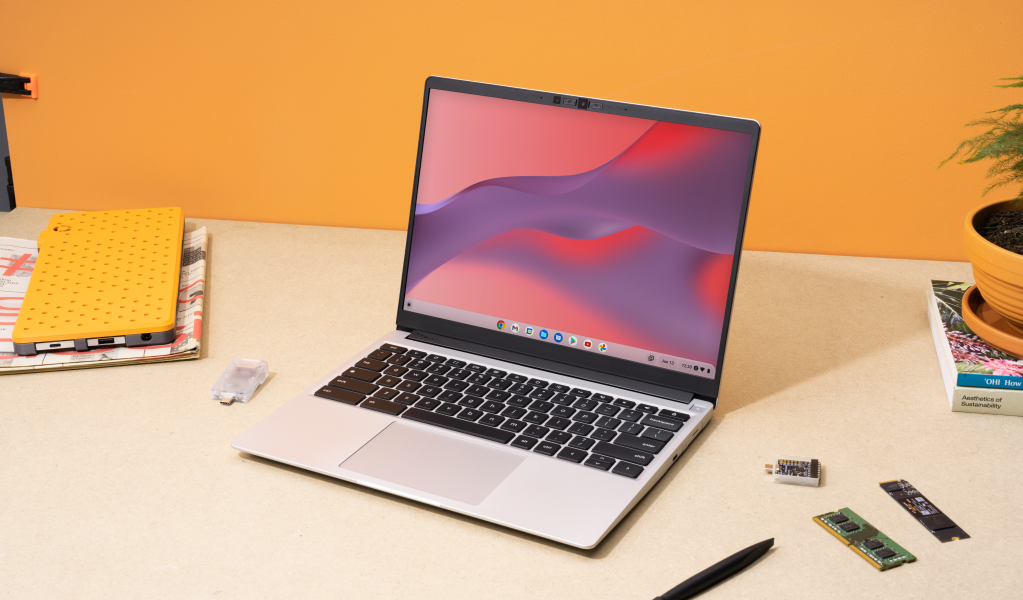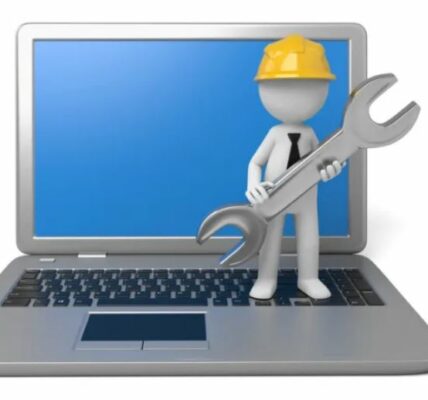Innovations in technology are the driving force behind progress in our modern world, continuously reshaping the way we live, work, and interact with our environment. In this blog post, we’ll take a deep dive into the latest technological advancements, exploring how they are impacting various industries, transforming our daily lives, and offering a glimpse into the exciting future of technology innovation. Join us in celebrating the transformative power of technology.
The Current Landscape of Technology Innovation
Digital Transformation
The digital age has ushered in an era of transformation across industries, from healthcare and finance to education and entertainment. This digital transformation is driven by technological innovations that have become essential tools for both individuals and businesses.
COVID-19 and Accelerated Tech Adoption
The COVID-19 pandemic accelerated the adoption of technology in our daily lives. Remote work, telehealth, e-commerce, and digital education became essential during lockdowns, highlighting the importance of technological readiness.
The Role of Emerging Technologies
Emerging technologies are the bedrock of these innovations, and they are playing a crucial role in shaping the future. Here, we’ll explore several key technological advancements that are driving progress and change.
Artificial Intelligence (AI)
Artificial Intelligence is a game-changer. It has found applications in healthcare, finance, manufacturing, and more. AI-powered algorithms analyze data, make predictions, and offer solutions that were once only possible through human intervention.
Machine Learning
Machine learning, a subset of AI, has evolved rapidly. It enables systems to learn and improve from data, making it invaluable for tasks like image and speech recognition, recommendation systems, and autonomous vehicles.
Natural Language Processing (NLP)
NLP focuses on the interaction between computers and human language. It’s used in virtual assistants, chatbots, and language translation, making communication more accessible and efficient.
Internet of Things (IoT)
The IoT connects everyday objects to the internet, allowing them to communicate and collect data. It has applications in smart homes, healthcare, agriculture, and logistics, enhancing efficiency and convenience.
5G Technology
5G is revolutionizing connectivity with faster data speeds and lower latency. It’s enabling innovations like augmented reality, virtual reality, and real-time remote collaboration.
Blockchain
Blockchain technology offers secure, transparent, and tamper-proof record-keeping. It has uses in supply chain management, voting systems, and digital identity verification.
Quantum Computing
Quantum computing, although still in its early stages, promises to solve complex problems beyond the reach of classical computers. It has implications for cryptography, drug discovery, and optimization.
Augmented and Virtual Reality (AR/VR)
AR and VR technologies are changing how we experience the digital world. They have applications in gaming, healthcare, education, and simulations, creating immersive and interactive environments.
Sustainable Technologies
The push for sustainability is driving innovations in clean energy, electric vehicles, and environmentally friendly technologies. Solar power, wind energy, and energy-efficient building solutions are contributing to a greener future.
The Transformative Power of Technology in Industries
Healthcare
Telemedicine, wearables, and AI-assisted diagnostics are transforming healthcare. Remote monitoring and personalized treatment plans are becoming more accessible.
Finance
Fintech solutions are reshaping the financial sector. Digital payments, blockchain-based transactions, and robo-advisors are changing how we manage and invest money.
Education
Educational technology is expanding access to quality education. E-learning platforms, virtual classrooms, and personalized learning tools are redefining education.
Entertainment
The entertainment industry is embracing streaming services, virtual reality gaming, and digital art creation. Interactive media and immersive experiences are becoming the new norm.
Transportation
Autonomous vehicles, electric cars, and smart city infrastructure are changing the way we move. Connectivity and efficiency are at the forefront of transportation innovations.
Communication
Communication tools like social media, messaging apps, and video conferencing have connected people globally. Technology has made the world a smaller and more interconnected place.
The Future of Technology
Ethical Considerations
As technology continues to advance, ethical considerations become paramount. Issues like data privacy, bias in AI, and responsible technology use are central to shaping the future.
Customization and Personalization
Technology will offer more customized and personalized experiences. From tailored marketing to individualized healthcare, personalization is the future.
Collaboration and Connectivity
Collaboration tools and connected ecosystems will play a crucial role. The ability to work seamlessly across devices and platforms will be a standard feature.
Cybersecurity
With increased technological innovations come greater cybersecurity threats. Protecting data, networks, and digital infrastructure is an ongoing challenge.
Sustainability
Sustainability will be a key focus in technological development. Eco-friendly solutions, energy-efficient coding, and reducing electronic waste will gain importance.
Conclusion
Innovations in technology have the power to reshape industries, enhance our daily lives, and create a brighter future. Whether it’s the transformative capabilities of AI, the connectivity of IoT, the security of blockchain, or the immersive experiences of AR/VR, technology continues to push the boundaries of what’s possible.





